Place your adverts here on InfoDig @ low rates; banner ads, sponsored links and guest articles etc. Contact us
The Nigerian Senate has shelved a bill seeking to license and regulate private investigators in the country following stiff opposition from a majority of lawmakers during its second reading on Wednesday.
The bill, titled ‘An Act to Prescribe Standards and Conditions for the Licensing of Private Investigators in Nigeria, 2024,’ was sponsored by Osita Ngwu, representing Enugu West. It aimed to establish a regulatory framework for private investigators.
Private investigators, according to Wikipedia, are persons who can be hired by individuals or groups to undertake investigatory law services. They work for lawyers in several cases. Many work for insurance companies to investigate suspicious claims, others do background checks and due diligence, and render many other services.
In his lead debate, Ngwu argued that private investigators are vital to the administration of justice and law enforcement worldwide. He emphasised the need for regulation to prevent unethical practices, as private investigators handle sensitive information.
“A legislative framework will provide the much-needed clarity and consistency in regulation of the information-gathering practices of private investigators. This will help to enhance capacity to access information relevant to the investigation and also help protect the privacy of citizens”, he explained.
Ngwu highlighted the bill’s objectives, including fraud prevention, corporate risk management, insurance claims investigation, aviation and marine loss inquiries, and witness location, among others. He stressed that the bill would professionalise the industry without imposing financial burdens.
While some senators spoke in favour of the bill, several opposed it. Victor Umeh, a senator representing Anambra Central, supported the bill for its potential to address unresolved crimes, citing instances where police investigations have faltered. He noted that private investigators could bridge gaps left by public investigation agencies.
“This bill is essential for setting standards in the practice of private investigation in Nigeria. It will ensure that only qualified, credible individuals are licensed, helping to resolve criminal cases that might otherwise remain unsolved,” Umeh stated.
He also emphasised that the courts could utilise evidence gathered by private investigators, and the licensing process would ensure their conduct is regulated.
Read also: Senate committee underscores need to strengthen local governance to tackle insecurity
However, opposition to the bill was strong. Adams Oshiomhole, representing Edo North, argued that existing agencies already handle investigations and warned that private investigators could be used for political victimisation.
Oshiomhole this could amount to “giving people the power to intrude into privacy, the power to be used by political opponents to victimise perceived targets. I do not think that even the mover of this motion has reflected deeply enough about possible abuse. We have a duty in democracy to protect the privacy of any nation, whether small or powerful.”
“I am extremely reluctant and my position is that it has to be shut down. I submit that this bill does not merit blanket approval for a second reading by this legislature”, Oshiomhole argued.
Titus Zam, representing Benue North, shared similar concerns, questioning the rationale for creating new investigative agencies when Nigeria already has institutions tasked with such duties. He warned that licensing private investigators could escalate personal and political conflicts in a country with religious and ethnic divisions.
“I don’t think there is any justification for us to establish or encourage any individual, no matter how professional such individuals may be, to be licensed to investigate. Our country is still a developing economy, and I think we are still growing, and we need to grow more before we create certain institutions or make laws that will affect the smooth running of our democracy ” Zam noted.
“This is a recipe for interpersonal fights. You know that our country has certain fault lines, religious, ethnic, and all of that”, he added.
Saliu Mustapha, representing Kwara Central, also voiced reservations, suggesting that Nigeria should first establish a national forensic institute to ensure thorough and unbiased analysis of evidence before considering private investigators.
Godswill Akpabio, the Senate president, expressed skepticism about the potential misuse of private investigators, particularly in personal disputes. He humorously pointed out that in a country with multiple marriages, private investigators could be hired to produce false evidence in domestic matters, leading to scandals.
“If you look at the objective, an individual can carry out the role without adequate training. The person must be well trained; the office must be well-manned around almost all the agencies of government. But most worrisome is that in a country where we have numerous wives, any of the wives can approach a private investigator and they will bring false evidence against you. And At the end of the day, you’ll end up being scandalised.”
Akpabio ultimately asked Ngwu whether he would prefer to step down the bill for further consultations, considering the concerns raised.
In response, Ngwu agreed to withdraw the bill for further consultation, and the majority of lawmakers voted in favour of stepping it down.

 2 hours ago
22
2 hours ago
22

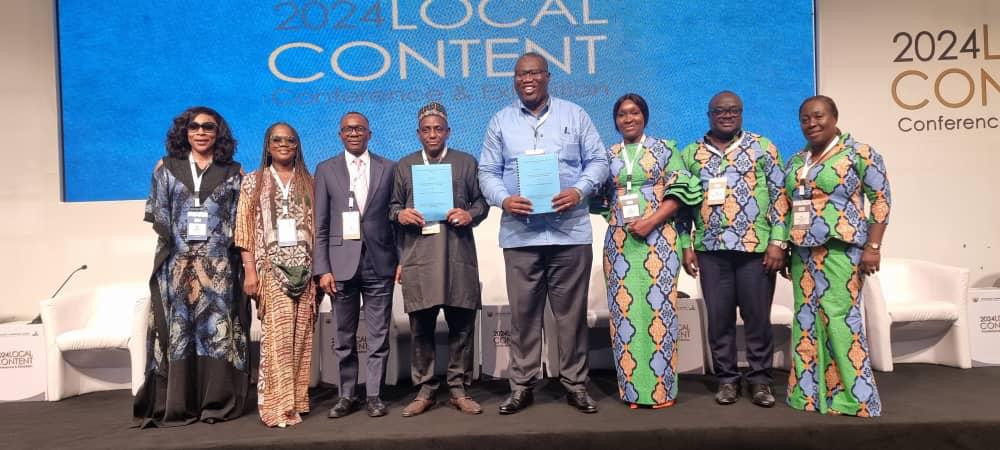





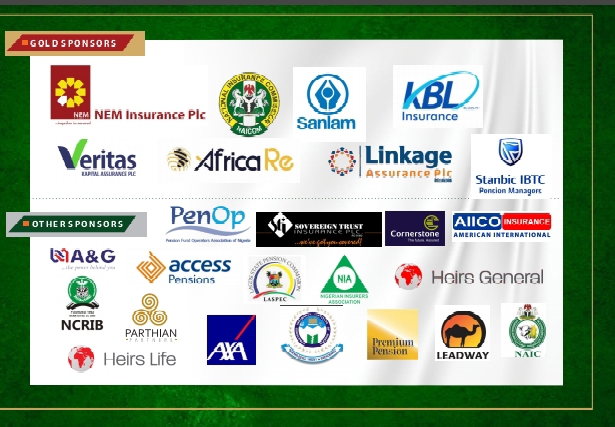
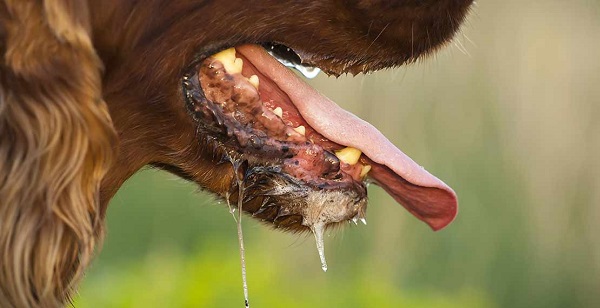
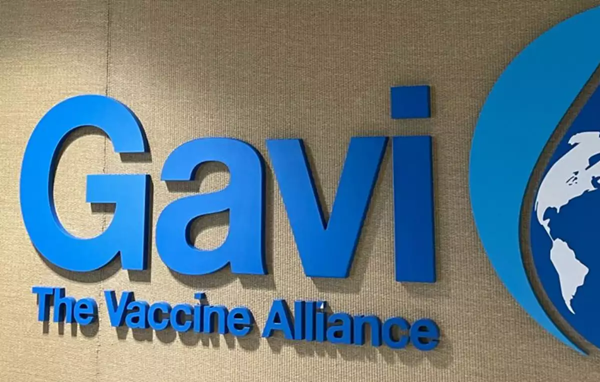
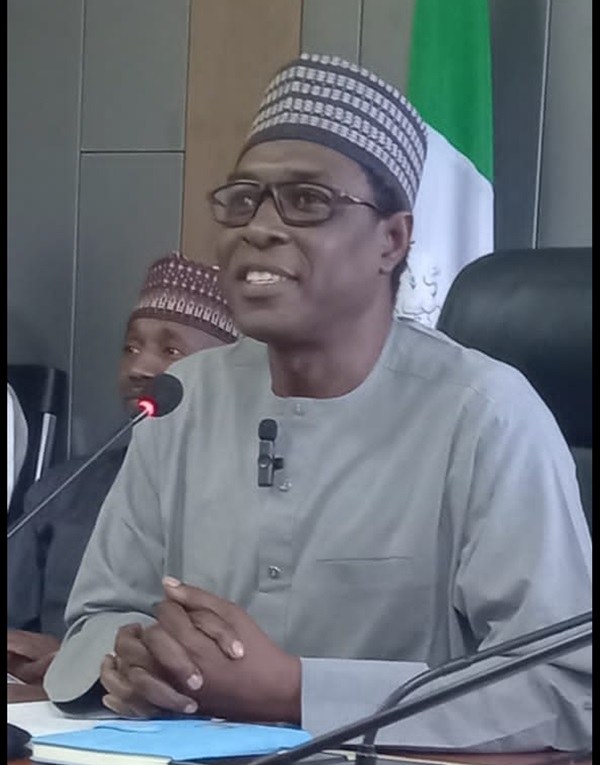


 English (US) ·
English (US) ·